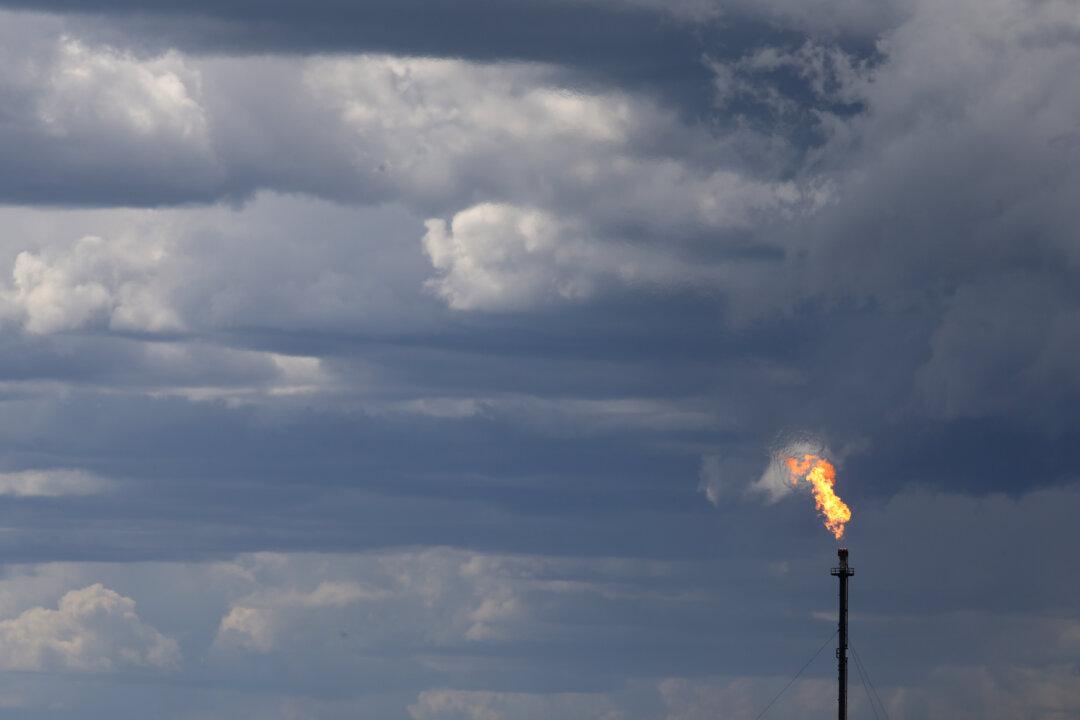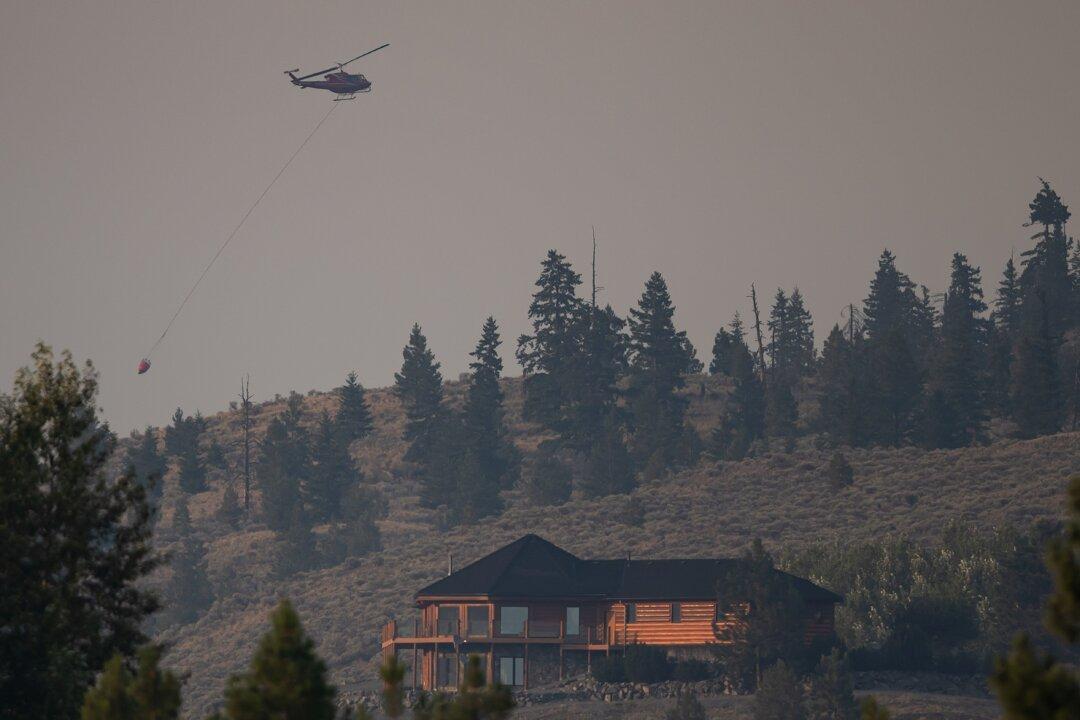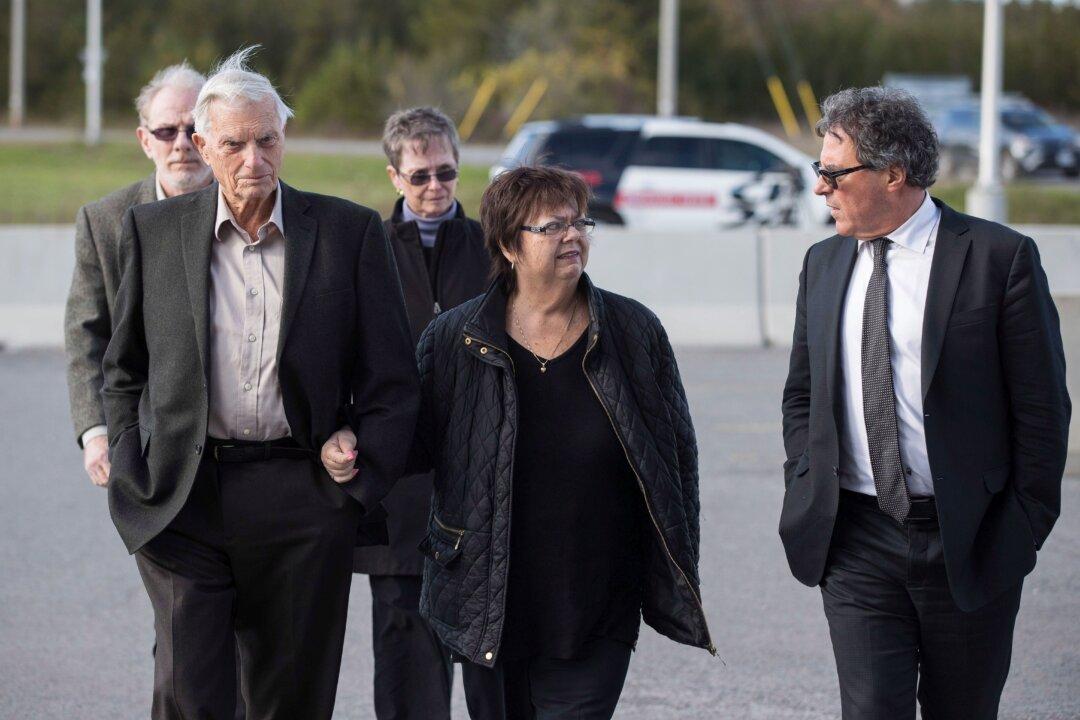The new year has brought more woes for Alberta’s resource sector already hit with low oil prices and fleeing investments before the U.S. announcement of the Keystone XL pipeline cancellation.
Forty-one-year-old Albertan Ryan Telford, who has worked in the oil and gas sector since he was 17, says that from his experience and knowledge of the industry, he estimates that between 5,000 and 8,000 people in Alberta are directly affected by the cancellation of Keystone XL.





